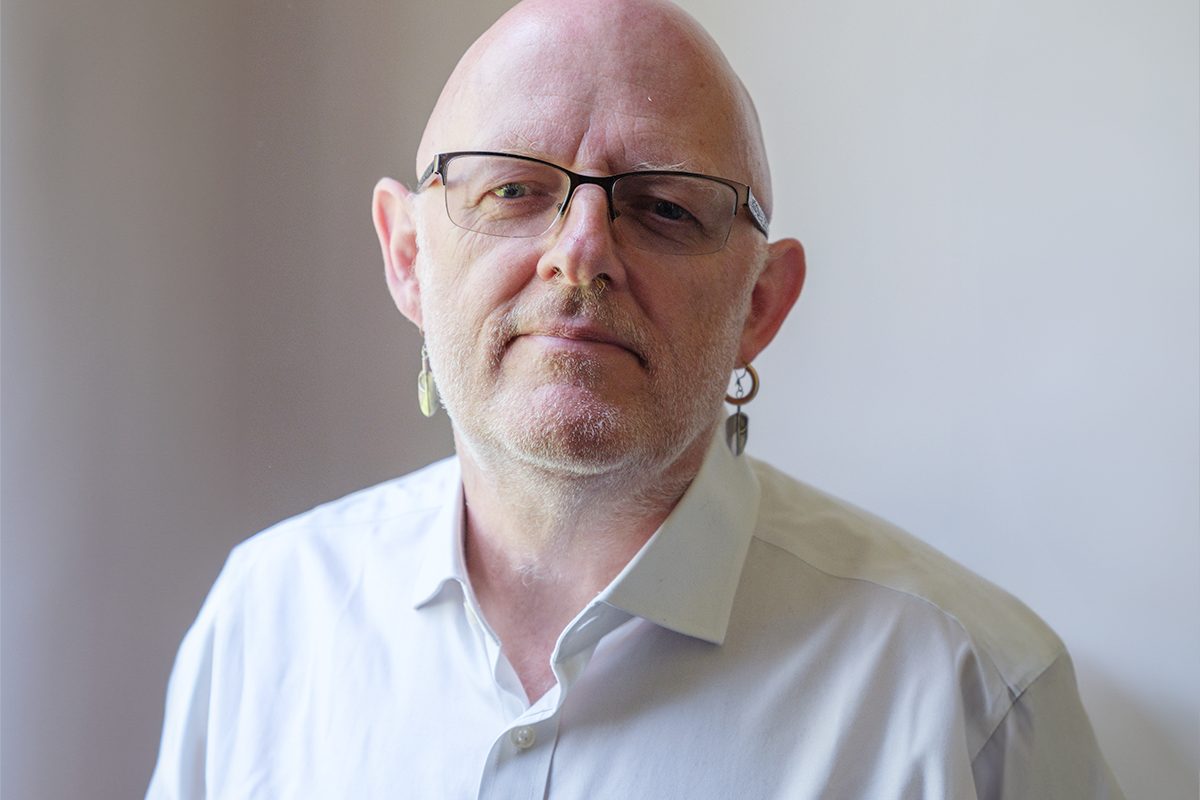Housemark reveals findings from tenant satisfaction measures for first full year
Overall tenant satisfaction with social landlords in England is at a five-year low and has dropped below 70%, data firm Housemark has revealed.

Its analysis of the tenant satisfaction measures (TSMs) shows that satisfaction dropped from 85.1% in 2018-19 to 69.4% in 2023-24, a decrease of more than 15 percentage points.
Overall satisfaction with councils was 65.7%, compared to 72.9% with housing associations.
The research also revealed that councils are reporting non-decency rates 95 times higher than housing associations, with only 5.6% of local authority landlords reporting full compliance with the Decent Homes Standard.
For housing associations, compliance stands at 41.3%
Housemark said this flags “some deeper issues with public sector housing”.
The findings cover the first full year of the TSMs, from April 2023 to March 2024, and involve 221 surveyed English landlords – 118 housing associations and 103 councils.
Housemark described the decline in overall service satisfaction as “stark”, but said its data shows that investment to improve services will start to be reflected in scores after around 18 months.
As part of its new powers and focus on consumer regulation, the Regulator of Social Housing created 22 TSMs, which were finalised and published in September 2022.
Data on TSMs started being collected on 1 April 2023, through tenant perception surveys and landlord data. These cover five main themes: repairs, building safety, effective complaint-handling, respectful and helpful tenant engagement, and responsible neighbourhood management.
Of the TSMs, 10 must be answered by social landlords, with the remaining 12 perception questions to be answered by tenants.
Social landlords have until the end of June to submit their TSM data, which is set to be published by the regulator in autumn.
According to Housemark’s research, over the past financial year a median of just 33.8% of tenants were satisfied with their landlord’s approach to complaint-handling, a drop of 15.2% compared to 2022-23.
With the data showing a 14.9% rise in average stage 1 complaint volumes between 2022-23 and 2023-24, the research highlights a possible shift as landlords record complaints formally, in line with the Housing Ombudsman’s code, instead of using informal mechanisms.
Housemark’s research also indicates that nearly a third of tenants are not satisfied with their repairs service.
The report said: “As repairs is the main point of contact between landlords and tenants, it is a crucial service to get right and raise perception levels.”
The TSM measuring the quality of social housing is based on non-compliance with the 2006 Decent Homes Standard. The research indicates that compliance with the standard has reduced by 29% compared to 2022-23, based on the data of 64 landlords submitting consistent data for both years.
“With the RSH inspecting the sector’s stock condition data, we forecast a sharp rise in non-decency as the quality and quantity of surveys increases,” according to the report.
The research also found that landlords with significant shared ownership stock are tracking “considerably” lower than the sector’s rented baseline.
It said: “While the overall trend mirrors other tenures’ data highs and lows, low-cost homeownership satisfaction rates average over 10 points lower.
“As shared ownership comes under scrutiny, the combined impact of higher rents and repairs responsibility is driving poor perception and value for money concerns.”
The research found low satisfaction scores for neighbourhood management. However, “even with a regulatory emphasis on dealing with [anti-social behaviour] and hate incidents”, overall case volumes are less than 60% of the figure from 2013-14.
“This TSM gives landlords the opportunity to become more proactive in tackling anti-social behaviour,” Housemark said.
TSMs averaged close to 100% across all five building safety activities, with tenants largely satisfied that their home is safe and well-maintained.
Housemark said improving communication strategies is “vital” after finding that only 58.9% of tenants feel that their landlord listens to their views, leaving nearly half “unsatisfied and feeling that their voices are not being heard”.
Jonathan Cox, director of data and business intelligence at Housemark, said: “While some of the headlines in these results are concerning, it’s important to recognise that meaningful improvements in operational services, particularly repairs, typically take around 18 months to reflect in tenant perceptions.
“This means that efforts initiated now will start showing results in the 2025-26 TSM data. It’s a reminder that sustained effort is crucial for long-term change.”
Mr Cox said that while the current TSM results for overall satisfaction are at a “low point”, the firm’s monthly data since April indicates a “modest recovery among landlords who have proactively addressed service issues”.
“This is an encouraging sign that positive changes are starting to take effect, and we expect this trend to continue as more landlords implement improvements,” he said.
Sign up for our regulation and legal newsletter
Already have an account? Click here to manage your newsletters











